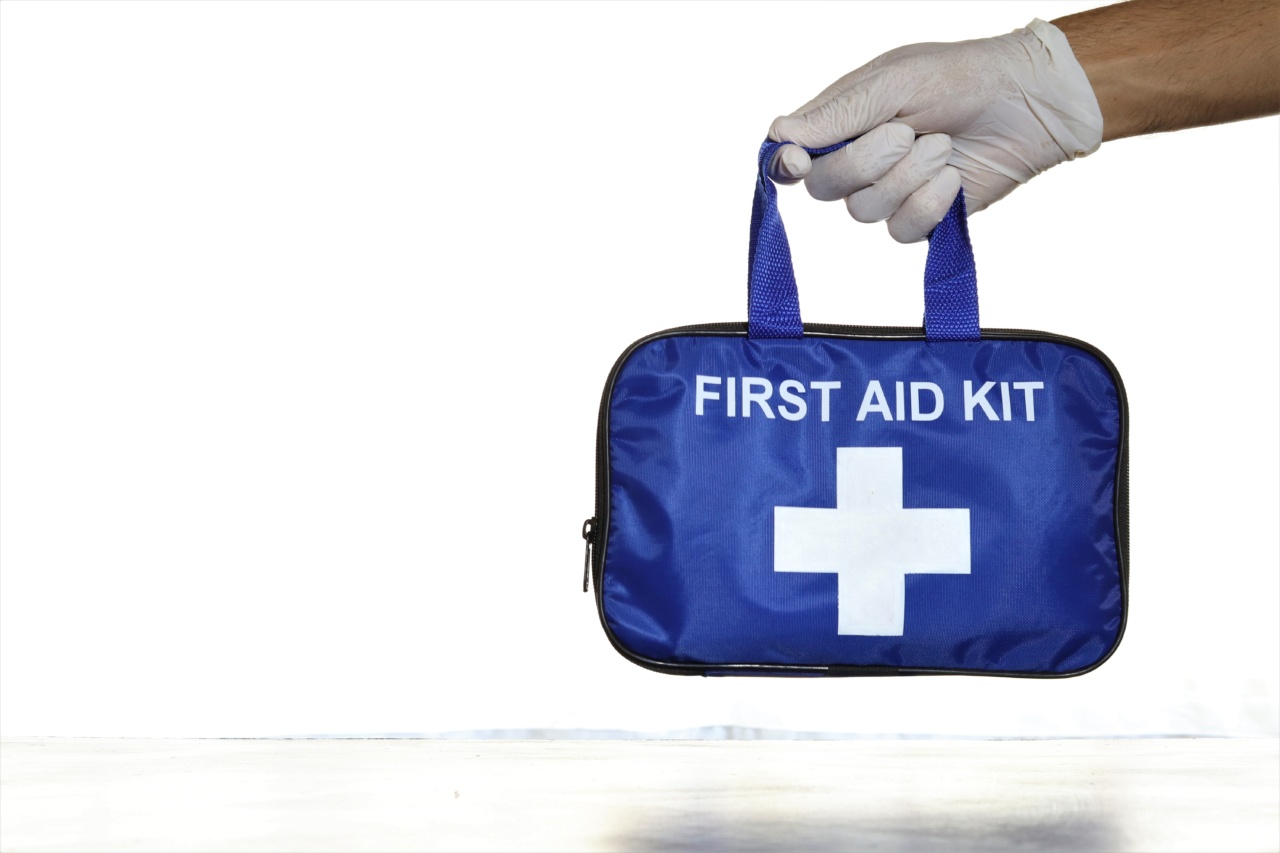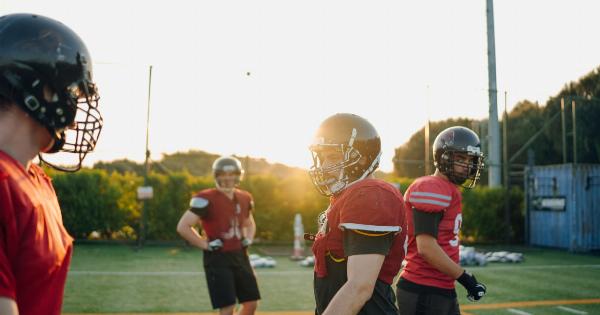When it comes to personal injury cases, one of the most important factors in determining compensation is the degree of disability or impairment suffered by the victim.
In cases where the injured party has lost the use of a limb or suffered permanent damage to a body part, compensation tends to be higher. However, there is one specific body part that often goes overlooked when it comes to accident compensation: the “good” hand.
What is the “Good” Hand?
The “good” hand refers to the non-dominant hand of an individual. For right-handed individuals, the “good” hand is the left hand, while for left-handed individuals, the “good” hand is the right hand.
The “good” hand is often taken for granted as it is not the dominant hand used for writing, eating, or performing other daily activities. However, it is still an important part of our daily lives and losing its use can have a significant impact on our quality of life.
Why is the “Good” Hand Important for Accident Compensation?
In personal injury cases, compensation is often based on the extent of the victim’s disability or impairment. The loss of a limb or permanent damage to a body part can result in a higher compensation payout.
However, when it comes to the “good” hand, many individuals fail to recognize its importance and the impact it can have on their lives.
For example, imagine a right-handed individual who suffers damage to their right hand in an accident.
While they may still have their “good” left hand, they will likely become more reliant on it for daily activities such as cooking, cleaning, and personal hygiene. This can lead to an increased risk of injury or strain to the “good” hand, and may also impact their ability to participate in hobbies or work activities that require the use of both hands.
In recognition of the importance of the “good” hand, courts may award higher compensation payouts to individuals who have suffered injuries or impairments to this body part.
This is especially true in cases where the individual’s work or livelihood is impacted by the loss of use of their “good” hand.
Examples of “Good” Hand Injuries
There are many different types of injuries that can impact the “good” hand. Some common examples include:.
- Fractures or breaks
- Tendon or ligament damage
- Nerve damage
- Cuts or lacerations
- Burns
These injuries may result from a variety of accidents, including car accidents, workplace accidents, and slip and falls.
If you have suffered an injury to your “good” hand as a result of someone else’s negligence, it is important to seek legal advice to determine the compensation you may be entitled to.
Compensation for “Good” Hand Injuries
Compensation for “good” hand injuries will vary depending on the severity of the injury and the impact it has on the victim’s life.
In general, individuals who have suffered injuries to their “good” hand may be entitled to compensation for:.
- Medical expenses, including hospital bills, surgery costs, and ongoing rehabilitation
- Lost wages, including past and future income
- Pain and suffering, including physical and emotional distress resulting from the injury
- Loss of enjoyment of life, including the inability to participate in hobbies or activities that require the use of both hands
- Disability or impairment, including the loss of use of the “good” hand
If you have suffered a “good” hand injury as a result of someone else’s negligence, it is important to seek legal advice as soon as possible.
An experienced personal injury lawyer can help you understand your rights and the compensation you may be entitled to.
Preventing “Good” Hand Injuries
While accidents can happen at any time, there are steps you can take to reduce the risk of “good” hand injuries. These include:.
- Wearing protective gear, such as gloves, when working with tools or machinery
- Using caution when handling sharp objects, such as knives or scissors
- Keeping the work area clean and free of clutter to reduce the risk of slips and falls
- Following proper safety procedures when driving or operating heavy machinery
- Reporting any hazards or unsafe working conditions to your employer immediately
Conclusion
The “good” hand may be easy to overlook, but it plays an important role in our daily lives. Losing its use can have a significant impact on our ability to perform daily tasks, participate in hobbies, and maintain our livelihoods.
If you have suffered a “good” hand injury as a result of someone else’s negligence, it is important to seek legal advice to determine the compensation you may be entitled to. By understanding the importance of the “good” hand in accident compensation, we can work to ensure that victims receive the compensation they deserve.





























